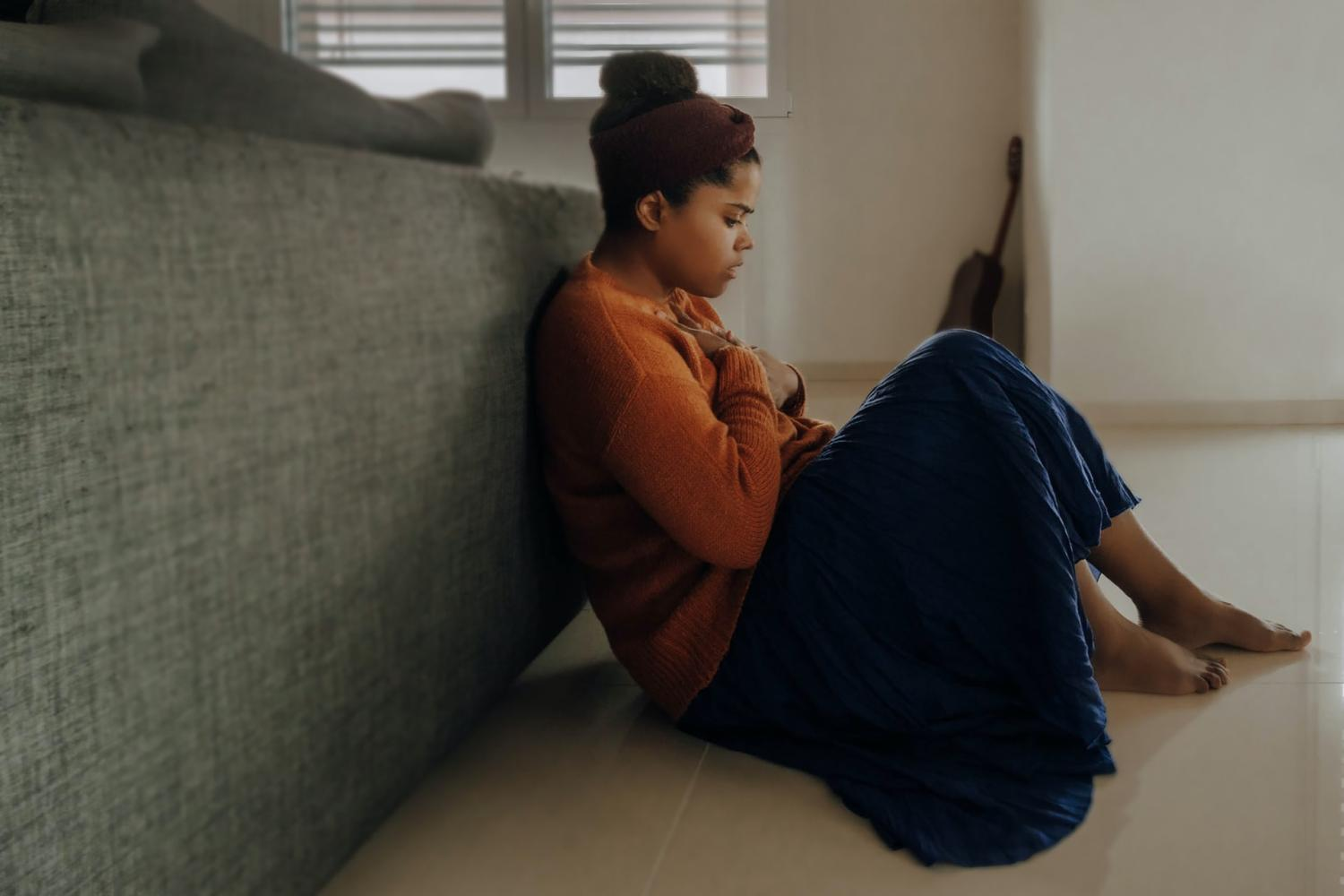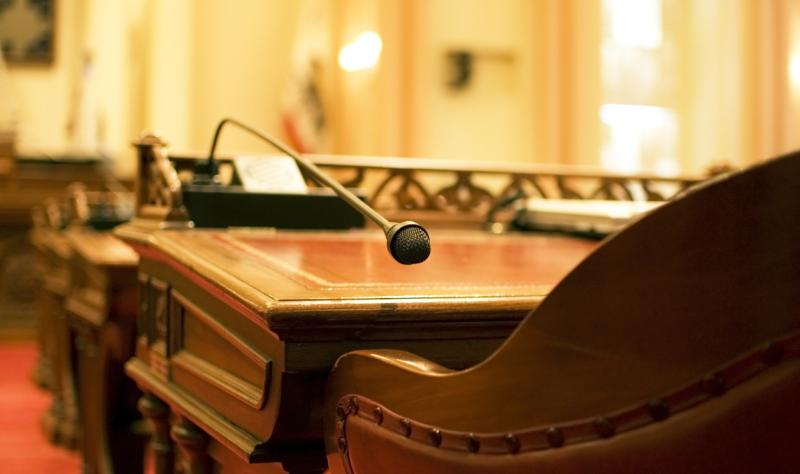Shanghai reimposes strict Covid measures as cases rise

Shanghai is tightening Covid-19 restrictions to combat a rise in cases, stoking fears of renewed disruption across China’s financial centre just months after it emerged from a protracted lockdown.
Multiple districts this week confirmed the closure of entertainment venues, such as bars and cinemas, as the authorities rushed to contain the latest outbreak while case numbers remain low. On Thursday, 47 infections were reported for the previous day, the most since mid-July.
Close contacts of positive cases, identified through the country’s vast track-and-trace system, were sent to quarantine hotels and centres and their buildings were subjected to temporary lockdowns, in a sign of the city’s commitment to stamping out any outbreaks of the virus.
The developments in Shanghai reflected agitation across the country ahead of the opening of the quinquennial congress this weekend when China’s Communist party will outline its plans for the next half decade, including the expected confirmation of President Xi Jinping to an unprecedented third term in power.
The event has coincided with stricter measures across China and especially in Beijing. An article this week in the People’s Daily, the party’s official newspaper, reiterated the importance of China’s virus-elimination strategy, an approach no longer pursued by any other country and now a hallmark of President Xi’s leadership.
While public criticism of China’s approach had been non-existent within the country, unverified images circulated online on Thursday of a banner hung over a Beijing bridge, displaying criticism of Covid and other policies. The Chinese name of the bridge was soon censored online.
The early stages of Shanghai’s lockdown from March to June were characterised by tensions between local authorities and those in Beijing, but the measures this week indicated a harder line.
One white-collar professional in the district of Pudong who asked to be identified only by his surname Hou was taken to spend 10 days in a quarantine centre on Sunday night because he was a close contact of a case on a flight into Shanghai last Tuesday. He had flown into Shanghai to avoid a lockdown in his native Gansu province, where his parents’ home was in the process of being fenced off.
Hou said he was told by the Pudong Centre for Disease Control that the definition of close contact had been strengthened recently. Previously, on public transport, only passengers close to the confirmed case would be classified as such, but now all the passengers on the plane are determined to be close contacts.
In Shanghai, the country’s leading financial hub, a further escalation of prevention measures would have significant economic implications at a time when growth has already been stymied amid a lingering property crisis.
New gross domestic product data next week will shed light on the health of the country’s economy in the third quarter after it added just 0.4 per cent growth year on year in the second.
Shanghai’s tally of 47 cases on Wednesday included just two outside quarantine facilities but came after several days of zero Covid cases in late September.
Residents of the city must take a PCR test every three days at one of many temporary booths on street corners. If the result is negative, a QR code on their phone turns green. This must be scanned to enter most buildings and public transport and is used to trace contacts.
On Wednesday evening, mainland epidemic expert Liang Wannian, who led the Covid Response Expert Team at the National Health Commission, said in a state broadcast that while the government and people were looking forward to a return to the situation before 2019, there was currently no timetable for such a development.
Reporting by Thomas Hale and Wang Xueqiao in Shanghai and Andy Lin and Cheng Leng in Hong Kong



